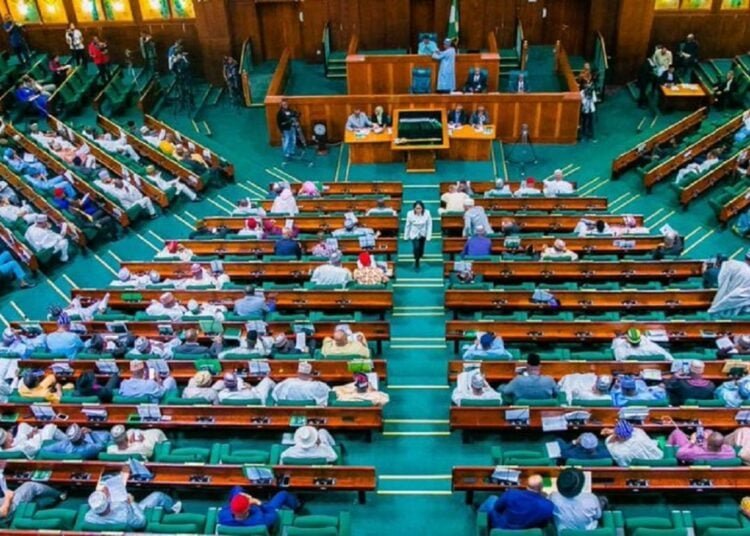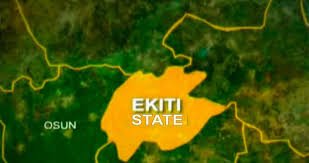
Nigeria House of Representatives
ABUJA, Nigeria – The House of Representatives has renewed calls for the harmonisation of Nigeria’s multiple identity and information systems, warning that the continued fragmentation of government data infrastructure is slowing economic planning, governance efficiency, and national development.
Chairman of the House Committee on Trade and Investment, Ahmed Munir, made the remarks during a policy dialogue on digital governance held Sunday at the National Assembly Library.
Munir stressed that Nigeria must reduce its reliance on externally designed technology frameworks and instead invest in local solutions tailored to the country’s socio-economic realities.
“We must search for solutions from within,” he said. “The innovation required to transform our economy must come from Nigerians who understand our challenges and can design workable systems for our context.”
He argued that digitisation and a unified national database are key to eliminating duplicated public spending and improving budget planning.
“When every citizen’s information is captured in a single data system from birth to death, it becomes easier to allocate resources, deliver services, and combat fraud,” he added.
The lawmaker pointed to existing functional models within Nigeria — such as banking platforms and the voter registration database — as evidence that scalable homegrown solutions already exist.
“We are not reinventing the wheel. We simply need to take what is already working in banking and electoral data systems and apply it across ministries and agencies,” Munir said.
Also speaking at the dialogue, the Founder of Bridge and Value, Abiodun Odunuga, highlighted the untapped economic influence of Nigeria’s diaspora network but noted that investor trust remains a major barrier. He further called for government-backed certification and product traceability in agriculture to enhance export competitiveness.
The dialogue concluded with a shared agreement that a unified data architecture, trust-building, and diaspora partnerships will be central to Nigeria’s long-term competitiveness and digital transition.




